Share this content:
Lorem ipsum dolor sit amet, consectetur adipiscing elit. Fusce maximus sed enim et placerat. Suspendisse scelerisque odio ac ultrices pretium. Phasellus venenatis tristique nulla ac auctor. Fusce placerat ex eu dapibus tincidunt. Sed facilisis id ex vel convallis. Pellentesque nisi tortor, bibendum ut pulvinar eu, consectetur et tellus. Phasellus mollis id est vitae venenatis.
Mauris augue arcu, venenatis ac pretium a, rutrum accumsan diam. Aliquam erat volutpat. Praesent pharetra mauris elementum dui condimentum, et pellentesque magna vestibulum. Quisque euismod molestie erat et maximus. Donec vehicula nec ex ac volutpat. Integer dapibus nunc non sem sodales pellentesque. In hac habitasse platea dictumst. Duis justo sem, eleifend eu venenatis vel, pharetra sit amet velit.

1. How to Stay Motivated During Off-Season Training
Off-season training can be challenging due to reduced competition and external pressure. To stay motivated, set specific goals for areas of improvement, whether it’s strength, speed, or skill development.
Mix up your workouts with cross-training or new sports to keep things fresh. Surround yourself with teammates or friends to hold each other accountable during the off-season.
- Lorem ipsum dolor sit amet, consectetur adipiscing elit.
- Fusce maximus sed enim et placerat.
- Suspendisse scelerisque odio ac ultrices pretium.
- Phasellus venenatis tristique nulla ac auctor.
2. How to Create a Balanced Workout Plan for Athletes
A balanced workout plan includes strength training, cardio, flexibility, and recovery. Strength exercises should target different muscle groups, while cardio maintains cardiovascular health. Flexibility training, such as stretching or yoga, enhances mobility.
Lastly, recovery activities like rest days and massage help prevent burnout and injury, ensuring long-term athletic performance.
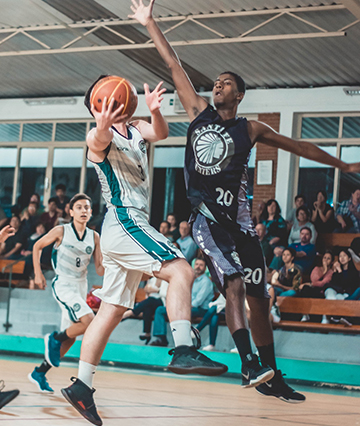
Mix up your workouts with cross-training or new sports to keep things fresh. Surround yourself with teammates or friends to hold each other accountable during the off-season.
3. The Impact of Sports Psychology on Athletic Performance
Sports psychology focuses on the mental aspects of athletic performance, such as focus, confidence, and motivation.
Lastly, recovery activities like rest days and massage help prevent burnout and injury, ensuring long-term athletic performance.
Techniques like goal setting, self-talk, and relaxation exercises are used to enhance mental skills. Working with a sports psychologist can help athletes overcome anxiety, improve concentration, and maintain emotional balance during competition.
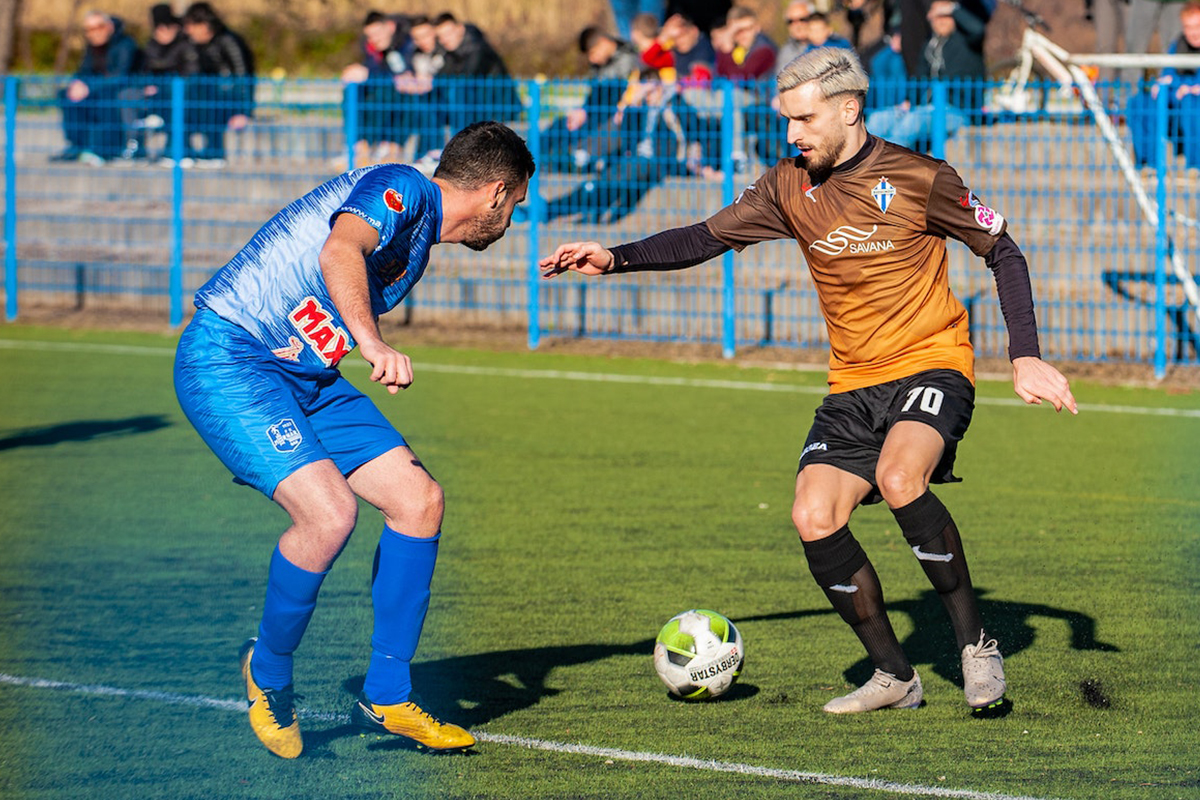


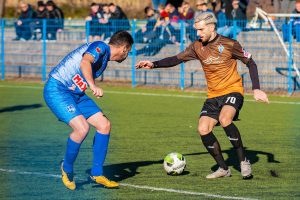
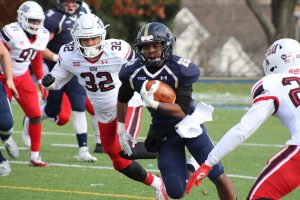
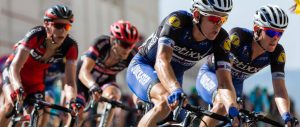
Post Comment
You must be logged in to post a comment.